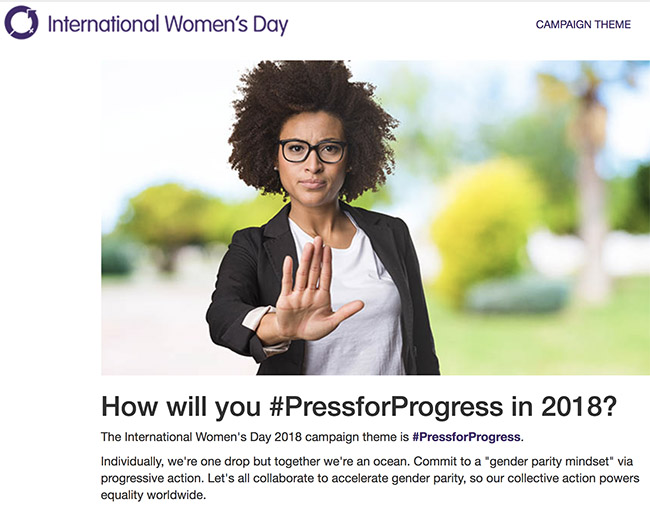International Women’s Day a reminder that the struggle for women’s rights is far from over
May the celebration of International Women’s Day remind us that our work in advancing women’s rights is not yet done, and it will not be done until the last indication of inequality is finally eroded.
It has been said that the Philippines is one of the best countries in the world to be a woman.
Indeed, the country can boast of a dynamic policy environment, which comprises landmark laws advancing women’s rights and gender equality, including those that protect women, fulfill their rights, promote their welfare, and recognize their agency. First and foremost on this list is the Magna Carta of Women. Other notable laws are the Women in Nation Building Act, the Anti-Violence against Women and Their Children Act, and the Anti-Trafficking in Persons Act. The enactment of the Reproductive Health Law has also presented many lessons for advancing women’s rights in the country through policy reforms, even if its implementation has been facing many challenges.
This enabling policy environment extends to the country’s commitment to many international women’s rights instruments, such as the Convention on the Elimination of All Forms of Discrimination against Women, the International Conference on Population and Development, and the Beijing Declaration and Platform for Action—the crafting of which beneffited from the leadership and contribution of many Filipino women.
The Philippines has consistently been in the top 10 of the Global Gender Gap Index (GGI) and among top-tier countries in the Gender Development Index (GDI), a composite of the Human Development Index (HDI). In the 2017 GGI, the Philippines, the top performer in Asia, ranked 10th globally and came in second only to New Zealand in the Asia-Pacific region. Both the GGI and GDI measure equality between women and men in select indicators of human development.

However, and more importantly, the Gender Inequality Index (GII), also a composite of the HDI, exhibits a completely opposite picture, where the country ranked 96th out of 188 countries in 2016. The GII measures gender inequalities in three significant areas of human development: reproductive health, political empowerment, and economic participation. The country’s ranking only reflects the unfortunate situation of women in the country as far as this index is concerned.
Recently, the Philippine Statistics Authority released the results of the 2017 National Demographic and Health Survey (NDHS), which reveal that key indicators of women’s reproductive health such as contraceptive prevalence rate and unmet need for family planning had barely improved within four years since the 2013 NDHS, a manifestation of the consequences of the barriers to the full implementation of the RH Law. The indicators being reported by NDHS are important because of the centrality of sexual and reproductive health and rights to women’s rights and empowerment. Looking at the data more closely would also show the disparities in access to information and services, and therefore in health outcomes, between the rich and the poor, proving how inequality is very much present even in the areas of women’s rights and sexual and reproductive health and rights.
Another area of concern is the blatant display of disrespect, disregard, and utter lack of awareness and understanding of human rights, moreso those of women, by no less than the President and other powerful men in government. What is enraging is that instead of celebrating the role of women in leadership positions and diverse voices that give meaning to a democracy, we are slowly witnessing women being shamed, their voices being silenced, and the culture of toxic masculinity permeating the very institutions that should demonstrate—and from which we should demand—the utmost respect for women and every individual.
Not all is lost, however, as several opportunities for advancing women’s rights and gender equality are present, especially in the area of legislation. The movement of the bills on divorce, expanded maternity leave, and anti-discrimination on the basis of sexual orientation and gender identity and expression, among others, gives us hope of seeing these new laws passed within the 17th Congress. This year, Congress is also set to embark on a review of the RH Law to see how its implementation can be improved.
May the celebration of International Women’s Day remind us that our work in advancing women’s rights is not yet done, and it will not be done until the last indication of inequality is finally eroded. Let us work together to ensure that women’s rights are respected, protected, and fulfilled—not just on paper, but more importantly in reality, and to substantially make the Philippines a place deserving of its women.
A media statement from the The Philippine Legislators’ Committee on Population and Development (PLCPD)
